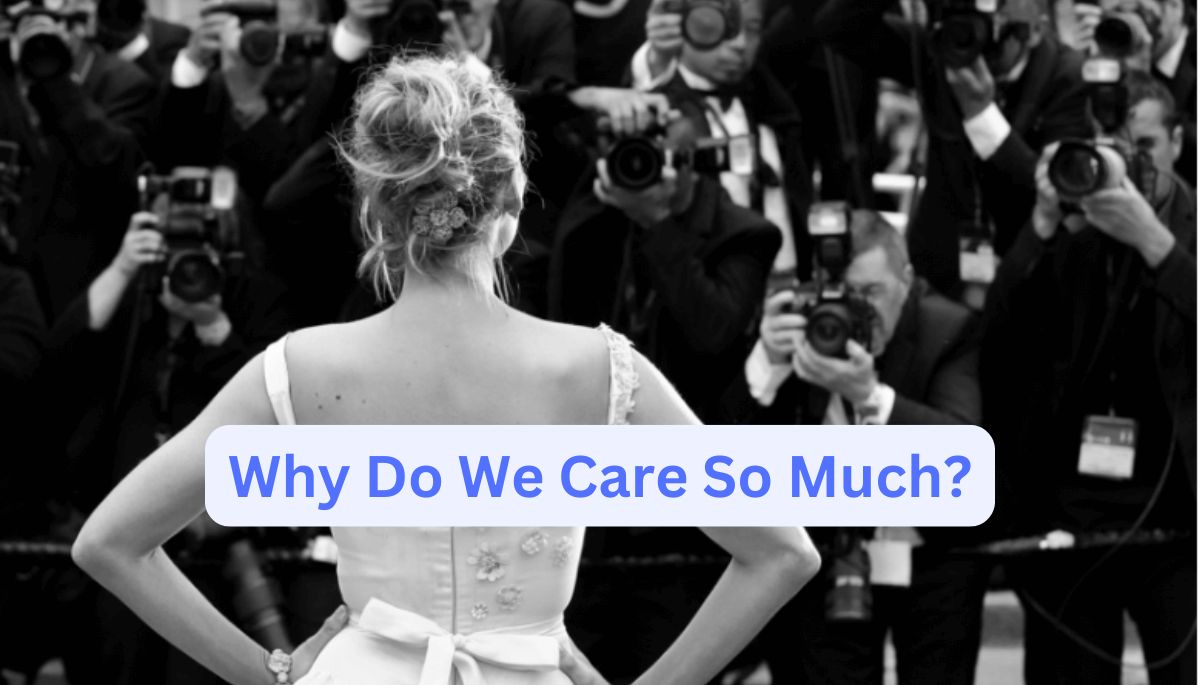In today’s media-saturated world, our fascination with celebrities has reached unprecedented levels.
From social media feeds to tabloid headlines, the lives of the rich and famous dominate our cultural landscape.
But why are we so captivated by people we’ve never met? Let’s delve into the psychology behind celebrity obsession and its impact on our society.
The Evolution of Celebrity Worship
Dr. Daniel Kruger, an evolutionary psychologist at the University of Michigan, explains that our fixation on high-status individuals is deeply ingrained in human nature.
“Even in hunter-gatherer societies, people keep a close eye on dominant individuals,” Kruger notes.
This tendency, once crucial for social navigation and survival, has evolved into our modern celebrity culture.
The rise of social media has further fueled this obsession.
Platforms like Instagram and X (formerly Twitter) create an illusion of intimacy with stars, fostering what psychologists call “parasocial relationships” – one-sided connections fans feel with celebrities.
The Psychology Of Fandom
Dr. James Houran, who helped create the first questionnaire to measure celebrity worship, likens celebrities to a drug in our society.
“They’re around us everywhere. They’re an easy fix,” he explains.
This constant exposure can lead some individuals down a path from casual interest to unhealthy obsession.
Celebrity Worship Syndrome, while not officially recognized in the DSM-5, is described as an obsessive-addictive disorder.
Dr. Stuart Fischoff, an emeritus professor of media psychology, suggests that for some, celebrity fandom can act as a “psychological prosthesis,” providing a social outlet for the shy or isolated.
The Dark Side Of Obsession
However, when celebrity worship goes too far, it can have serious consequences.
Dr. Houran’s research reveals a continuum of behavior, from harmless enjoyment to borderline pathological obsession.
In extreme cases, individuals may believe they have a real relationship with a celebrity, potentially leading to stalking or other dangerous behaviors.
The proliferation of celebrity-focused media and social platforms has dramatically increased our access to stars’ lives.
Dr. Paul Harrison from Deakin University notes, “Social media has expanded the scope of what constitutes a celebrity.
It has allowed us to peek behind the curtain and get up-close to celebrities and their everyday lives.”
This constant exposure can create an unhealthy comparison culture, where people measure their own lives against the curated images of celebrity perfection.
As Dr. Harrison warns, “We’re only seeing the highlights of their story; the showreel. After all, ordinary doesn’t sell.”
Maintaining Perspective
Understanding the psychology behind celebrity obsession is key to maintaining a healthy relationship with fame culture. Experts suggest:
- Recognizing parasocial relationships for what they are – one-sided interactions.
- Limiting social media consumption and curating feeds to reduce celebrity content.
- Focusing on personal goals and relationships rather than living vicariously through stars.
- Seeking professional help if celebrity obsession begins to interfere with daily life.
In Conclusion
While interest in celebrities is a natural part of human social behavior, it’s essential to keep this fascination in check.
By understanding the psychological drivers behind celebrity worship, we can enjoy entertainment culture without falling into the trap of unhealthy obsession.
Remember, behind the glossy images and carefully crafted posts, celebrities are just people – no more and no less extraordinary than the rest of us.




